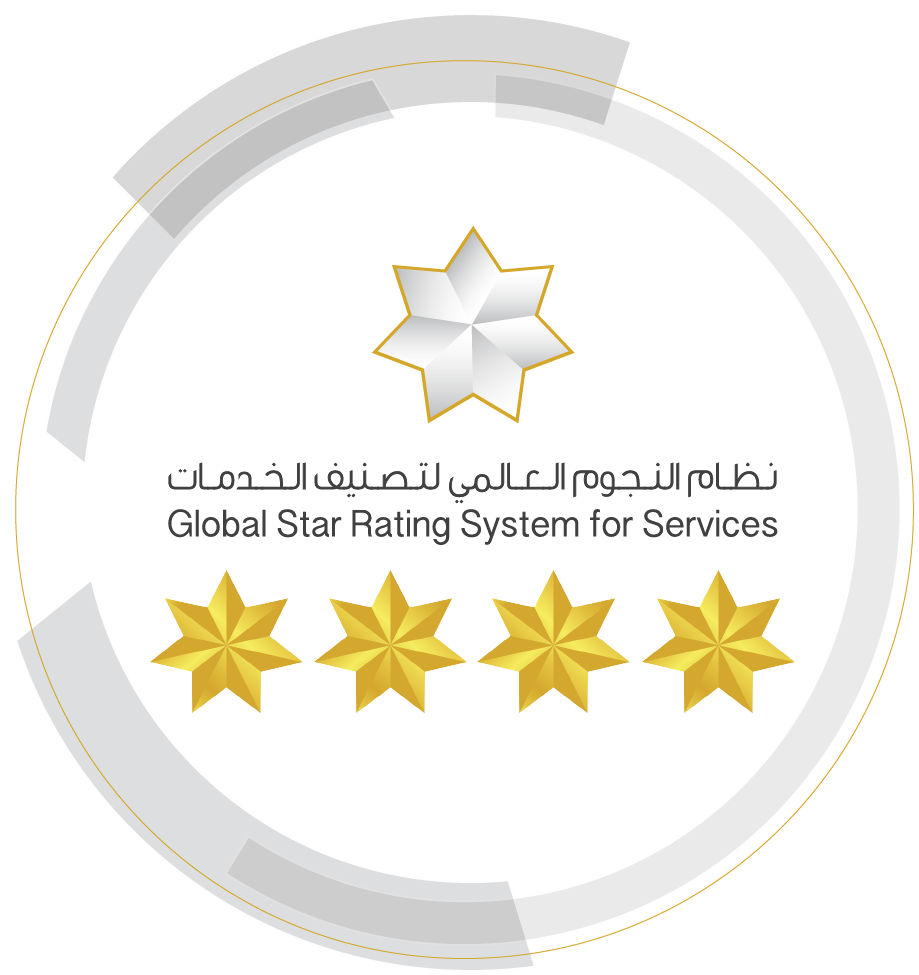The UAE's Economic Diplomacy
Through its global network of missions and embassies, the Ministry of Foreign Affairs (MoFA) aims to attract foreign investments, encourage outbound investments, promote trade, and strengthen bilateral and multilateral economic relationships. These operations make up the core of the UAE's economic diplomacy, which ultimately supports the long-term economic and societal needs of the UAE highlighted under Vision 2021 and the 2071 Centenary Plan.
Supporting a Diversified Economy
The UAE continues to create a diversified economy while still sustainably reaping the benefits of its abundant natural resources. MoFA plays a vital role in ensuring that the UAE benefits from global economic trends by consolidating and strengthening its position as a key player on the world stage. The UAE's economy is already the Arab World's second-largest, with robust and sustainable growth generated through tourism, transport and logistics, financial services, real estate, banking, and renewable energy. Increasingly, the UAE is looking to the future economy, prioritising investments in education, information technology, artificial intelligence, health, and industrial manufacturing.
Inward and Outward Investment
The UAE has an impressive track record of attracting Foreign Direct Investment (FDI) through favourable tax regulations, developed infrastructure, and minimising barriers to establishing a business. The UAE continually demonstrates its determination to provide the best possible regulatory environment for investments. The 2018 FDI Law opens up numerous economic sectors for 100 percent foreign ownership. This new framework supports investments that build regional and global value through production chains focused on advanced and high-value industries.
The UAE has also worked to facilitate outward investment, including establishing successful sovereign wealth funds. Through these funds, the UAE had become a significant investor in many parts of the world. The returns generated by these funds are invested back into the development of the UAE, with a substantial portion going to projects in energy, industry, communication and information technology, infrastructure, healthcare, and renewable energy.
MoFA ensures clarity over taxation and investment issues by supporting national efforts to sign bilateral Double Taxation Agreements and Bilateral Investment Treaties (also known as Investment Protection and Promotion Agreements). MoFA also assists in signing bilateral aviation agreements, which is critical given the UAE's aviation sector size, hosting two of the world's leading airlines: Emirates and Etihad.
Trade Facilitation
Through substantial investments in infrastructure, the UAE has emerged as a regional and global trading hub. This is further bolstered by the UAE's strategic geographic location between Asia, Europe, and Africa and is a gateway to the Middle East. In seeking to increase trade volume further, the UAE is a leading proponent of global free trade and has been a member of the World Trade Organization since 1996.
Diplomacy in Partnership
MoFA works closely with Emirate-level investment promotion agencies, the private sector, sovereign wealth funds, business councils, and other economic actors to ensure successful outcomes through economic diplomacy. For example, in late 2019, the Emirates Diplomatic Academy hosted the Economic Diplomacy Seminar for the UAE and Saudi Arabia, strengthening the economic might of the two nations.
In partnership with the Prince Saud Al-Faisal Institute of Diplomatic Studies, the event supported Emirati and Saudi entities in foreign markets, evaluated the level of global integration of their economies, and promoted foreign direct investments to support job creation in the two countries.


